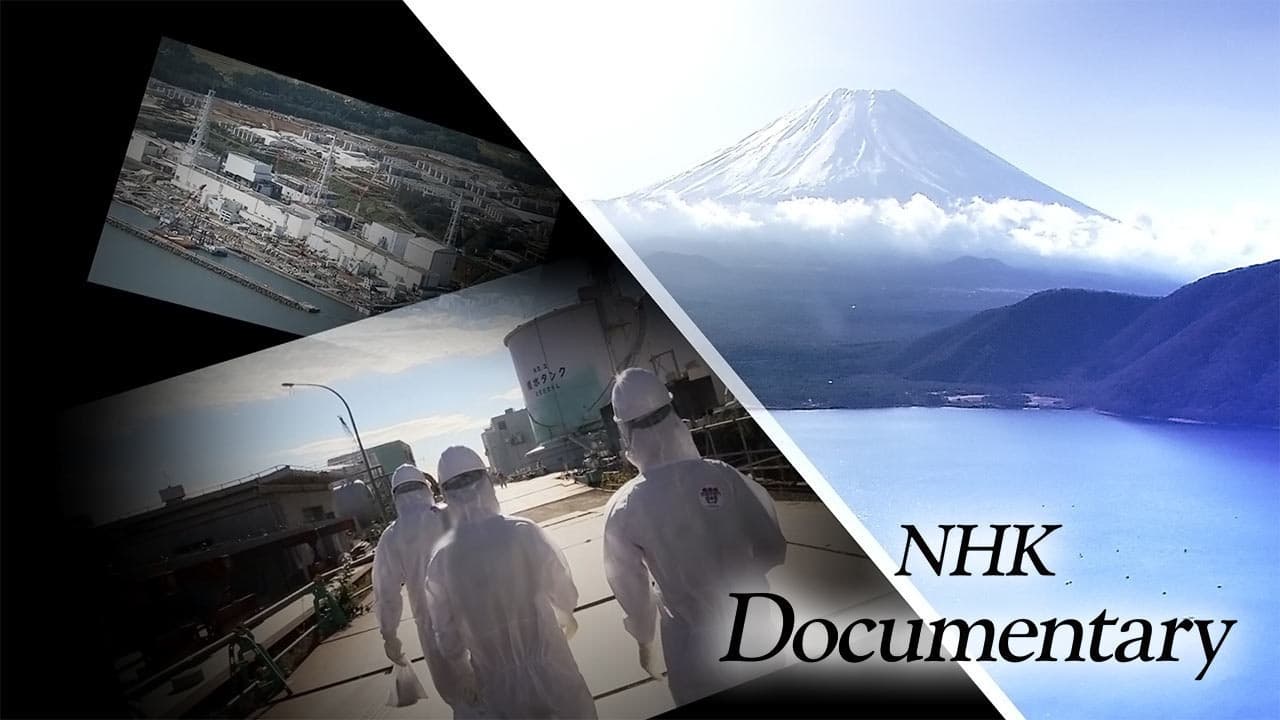NHK Documentary Season 7

Hard-hitting documentary series that takes an in-depth look at some of the political, economic, and social challenges that Japan and our world is facing.
Watch NowWith 30 Day Free Trial!
NHK Documentary
1999 / TV-G
Hard-hitting documentary series that takes an in-depth look at some of the political, economic, and social challenges that Japan and our world is facing.
Watch Trailer
NHK Documentary Season 7 Full Episode Guide
The destination of the Qingzang road is Lhasa in Chinese Tibet. The Qingzang road runs for 1,937 kilometers at an average altitude of 4,200 meters. Starting out from Xining, an interesting mixture of Tibetan, Islamic, and Han cultures, the camera crew passes through the beautiful town of Golmud, dubbed the "Pearl in the Gobi," Namucuo Lake, which means the "Heavenly Lake," the Kunlun Mountains, where snow falls even in summer, and other stunning places, before finally arriving in Lhasa. Viewers will see the myriad faces of this huge expanse of nature, including scenes of areas where reporting by foreigners had not been permitted. This magnificent travel documentary also shows the lives of Chinese people struggling to survive in this harsh environment and even those of soldiers stationed at the highest military post in the world.
On December 2, 1999, a polar bear named Peace was born at Japan's Tobe Zoological Park in Ehime Prefecture. After his mother rejected the cub, zookeeper Atsuhiro Takaichi took on the task of childrearing and subsequently succeeded in handraising a polar bear for the first time ever in Japan and the third time in the world. This program chronicles five years in the life of the young cub and the caring zookeeper from the critical time after Peace was born to the arrival of summer and the cub's first swimming lesson. As efforts continue toward bringing up Peace, we witness an unbreakable bond of mutual affection and trust.
In the ever-expanding world of biotechnology, cells taken from aborted fetuses are considered as an up-and-coming resource while creating a huge controversy. On one hand, fetal tissue is said to have several properties that make it superior to the use of mature tissue. It is proving promising and receiving acclaim for treating disorders such as Parkinson's disease as well as spinal cord injuries. Conversely, arguments over the sanctity of life hold sway. This program traces the use of fetal cells in Japan, the U.S. and China, presenting a cause for hope and an ethical dilemma.
Free Trial Channels
Seasons


























